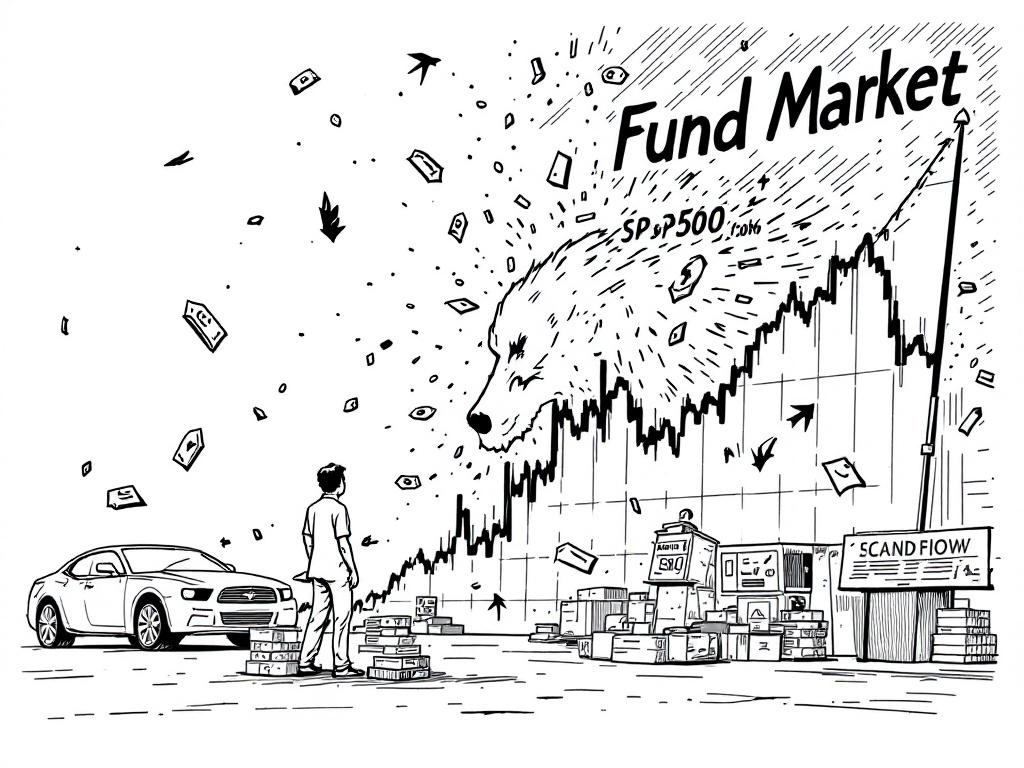Billionaire Fund Manager Warns of S&P 500 Bear Market Threat

New York, Wednesday, 16 July 2025.
As the S&P 500 struggles, a billionaire fund manager urges investors to reassess strategies amid economic volatility. Ken Fisher highlights tariffs’ inflationary impacts and warns of a potential prolonged bear market.
Economic Strain Amidst Rising Tariffs
The U.S. economy is grappling with heightened inflation and slowed growth due to excessive tariffs imposed by the administration in April 2025. The repercussions of these trade barriers have led to a significant S&P 500 decline of 12% following their announcement, affecting overall economic stability [1]. Furthermore, inflation rates have surpassed the Federal Reserve’s target, recorded at 2.4% in March, indicating a rise in consumer prices beyond manageable levels [1].
Market Indicators and Investor Sentiment
Current market indicators reflect widespread concern among businesses and consumers alike. The PMI for manufacturing slipped below the neutral mark of 50, indicating a contraction in this sector, while the services PMI dropped to 50.8 from the previous 53.5 in February, underscoring a slowdown in these critical industries [1]. This economic pessimism is mirrored in consumer confidence, which plummeted by 8% to 52.2 in April 2025, the lowest in recent decades [1].
Fund Managers’ Strategic Shifts
Veteran fund manager Ken Fisher emphasized the looming threat of a bear market, driven largely by unresolved trade tensions and poor market sentiment [1]. This scenario compels investors and fund managers to reevaluate their strategies, as suggested by institutions like the Federated Hermes Prudent Bear Fund. The fund highlights significant risks associated with market fluctuations, advising cautious investment approaches in response to unpredictable stock movements [2].
Projections and Economic Outlook
The outlook for the rest of 2025 remains uncertain. Predictions from the Atlanta Federal Reserve’s GDPNow tool suggest a potential negative growth rate of -0.4% for Q1 2025, signaling recessionary concerns [1]. This, combined with an anticipated rise in inflation to 6.5% over the next year, the highest forecast since 1981, underscores the urgent need for adaptable economic policies and strategies to weather the forthcoming financial turbulence [1].